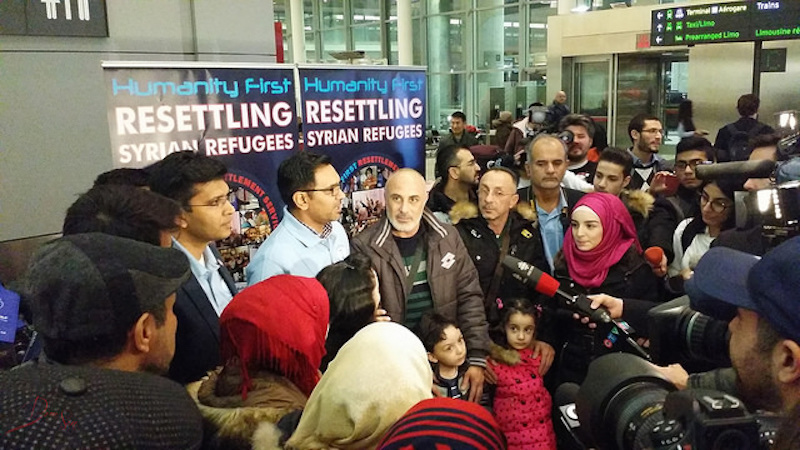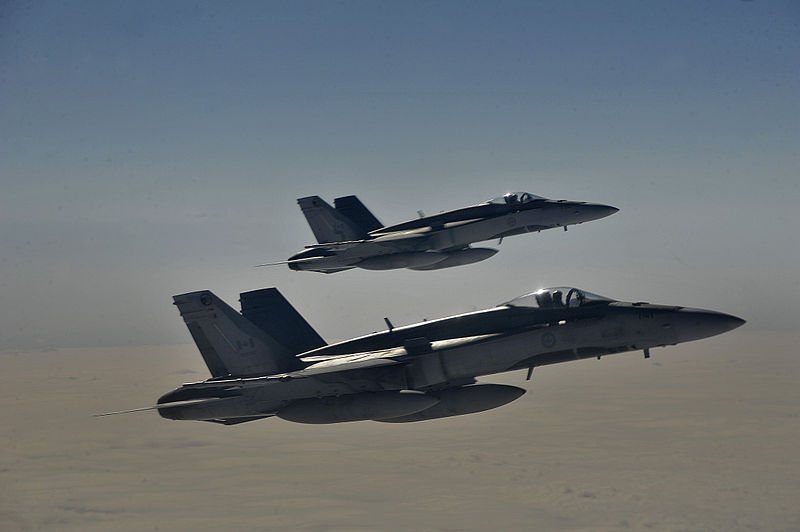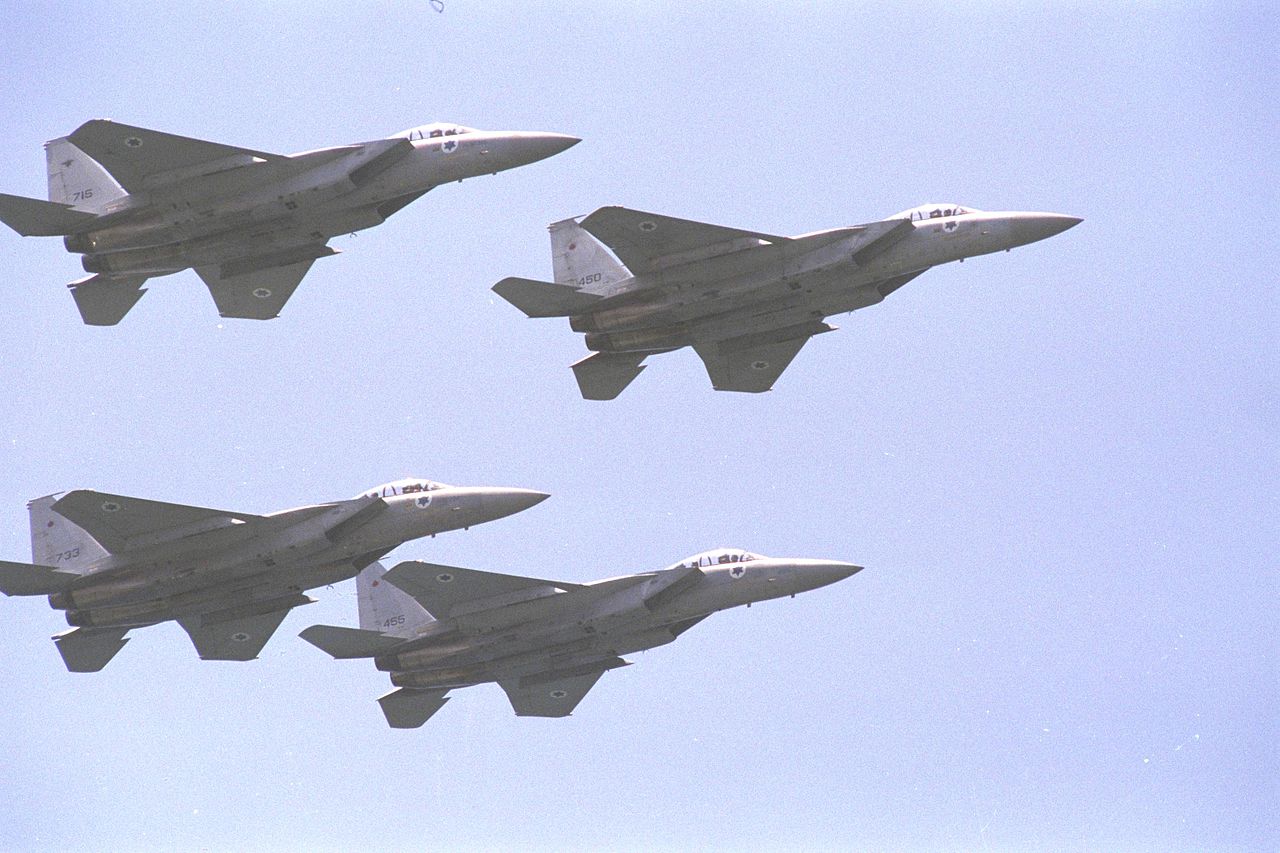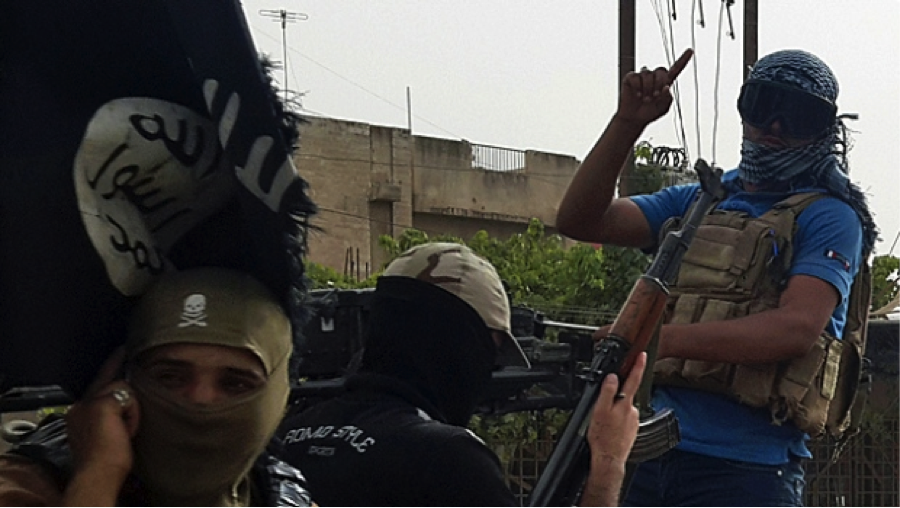Ever since President Donald Trump took office in the United States, many minority groups and immigrants have been fearful of what may happen. That fear became amplified when Trump signed an executive order that temporarily prohibited travel, to the United States, from seven countries in the Middle East and North Africa. While many people from the Middle East and North Africa sought refuge in the United States to escape persecution in their former countries, they fear they may become marginalized under the United States government as well. This has led to an increase in the number of refugees crossing the Northern border of the United States into Canada. Despite the United States Supreme Court halting the travel ban, immigrants still fear the potential attitude the United States may be developing towards immigrants.
Two weekends ago, 40 migrants crossed the American border into Quebec and 22 asylum seekers trekked through the North Dakota wilderness into a small rural town called Emerson in Manitoba. Since January 1, 2017, 61 refugees have fled to Canada from the United States and more than half of them have come after January 27, the day after Trump signed the executive order. The Canada Border Services Agency (CBSA) has stated that there has been a 63% increase in refugee claims that illegally crossed the border in the past 2 years.
Asylum claims in both Manitoba and Quebec have drastically increased. In Manitoba, 252 claimants were recorded in 2015 and in 2016 that number grew to 403. Quebec has experienced the sharpest rise of asylum claimants, particularly in the fall of 2016. In October there were 289 refugee claimants, then grew to 369 in November, and catapulted to 591 in the December. Many of the asylum seekers come from North Africa, the Horn of Africa, and the Middle East. The Manitoba Interfaith Immigration Council has increased its number of care packages of pillows, blankets, and other toiletries. The Royal Canadian Mounted Police (RCMP) say they have been increasing resources along the Manitoba-US border as communities, like Emerson, are expecting greater numbers to be headed their way.
Prime Minister Trudeau has been very outspoken about accepting people who are fleeing persecution and war. This was pretty evident when Canada accepted 40,000 refugees during the migration crisis from Europe last year. However, small rural communities in Manitoba, like Emerson, with populations that are under 1000 people, are struggling to accommodate the sudden rise of migrants. The recent rise of refugees coming into Canada has led refugee advocates and human rights groups in Canada to demand that Trudeau cancel or suspend the Safe Third Country Agreement, because of Trump’s executive orders. Under the agreement, the United States is the only country that is designated as a safe third country by Canada under the Immigration and Refugee Protection Act. The act was put in place for refugee claimants to request protection in the first country they arrive in to prevent “asylum shopping.” It means that if people are seeking asylum in Canada, to escape potential persecution from the United States where they initially requested protection, Canada would send them back to the United States. It appears that a significant proportion of the country would prefer it to be that way as well. A poll came out on February 20 that a quarter of Canadians think that Canada should adopt the United States’ policy on Syrian refugees by enacting a temporary ban.
Trudeau has claimed that his government is “very concerned” about the rise of asylum seekers trying to come to Canada. This leaves him in a tough situation, especially as the Safe Third Country Agreement comes into play. The Canadian authorities appear to be taking them in and giving the option to the asylum seekers to apply for refugee status. The Canadian government wants to protect migrants while protecting the border at the same time. However, it also leaves Trudeau in a greater ethical dilemma; does Trudeau follow the agreement and send them back to our southern neighbour or somehow cancel the agreement and take them in. Either way, both Americans and Canadians will heavily scrutinize Trudeau, no matter what he decides to do, with regard to the recent rise of asylum seekers.
Photo: Syrian Refugees (2015), by Domnic Santiago via Flickr. Licensed under CC BY 2.0
Disclaimer: Any views or opinions expressed in articles are solely those of the authors and do not necessarily represent the views of the NATO Association of Canada.




